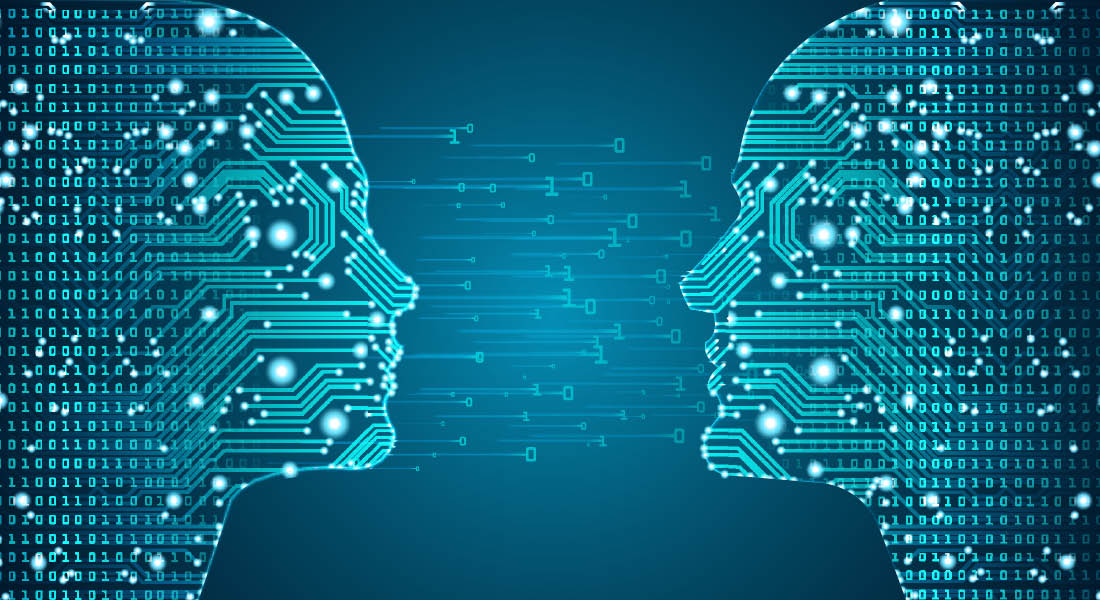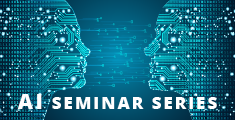AI seminar: How do life events impact life trajectories? On methods for causal learning of time-dynamic event systems

At this seminar, Niels Richard will outline a graphical framework for time-dynamic event systems with probabilistic as well as causal semantics. The seminar is relevant to people who are interested in machine learning and statistics.
Speaker
Niels Richard, professor of computational statistics in Department of Mathematical Sciences at University of Copenhagen.
Title
AI seminar: How do life events impact life trajectories? On methods for causal learning of time-dynamic event systems.
Abstract

When we ask about “impact", we ask a causal question. For instance, how a life trajectory will unfold depending on choosing math or computer science at university. In the talk, I will outline a graphical framework for time-dynamic event systems with probabilistic as well as causal semantics. The probabilistic semantics can be used to partially learn about causal structure. If some causally important events are unobserved, it is computationally hard (in a precise, coNP-complete sense) to find the maximally informative representation of the causal structure even with infinite data, but various heuristics can be used to find informative representations. In practice, with finite data, these algorithms require testing hypotheses of conditional local independence aka Granger causality. I will demonstrate some new nonparametric tests for time-dynamic event data that achieve a parametric rate of convergence by exploiting the fundamental idea of double machine learning.
This seminar is a part of the AI Seminar Series organised by SCIENCE AI Centre. The series highlights advances and challenges in research within Machine Learning, Data Science, and AI. Like the AI Centre itself, the seminar series has a broad scope, covering both new methodological contributions, ground-breaking applications, and impacts on society.

